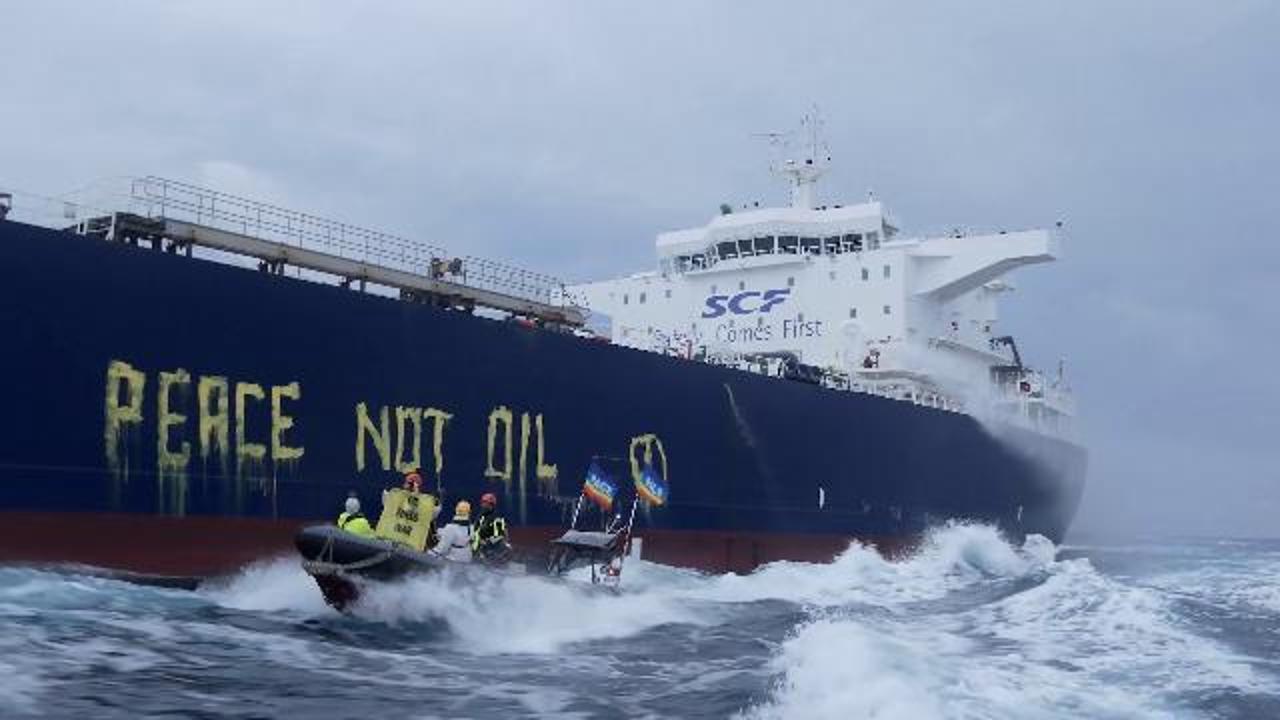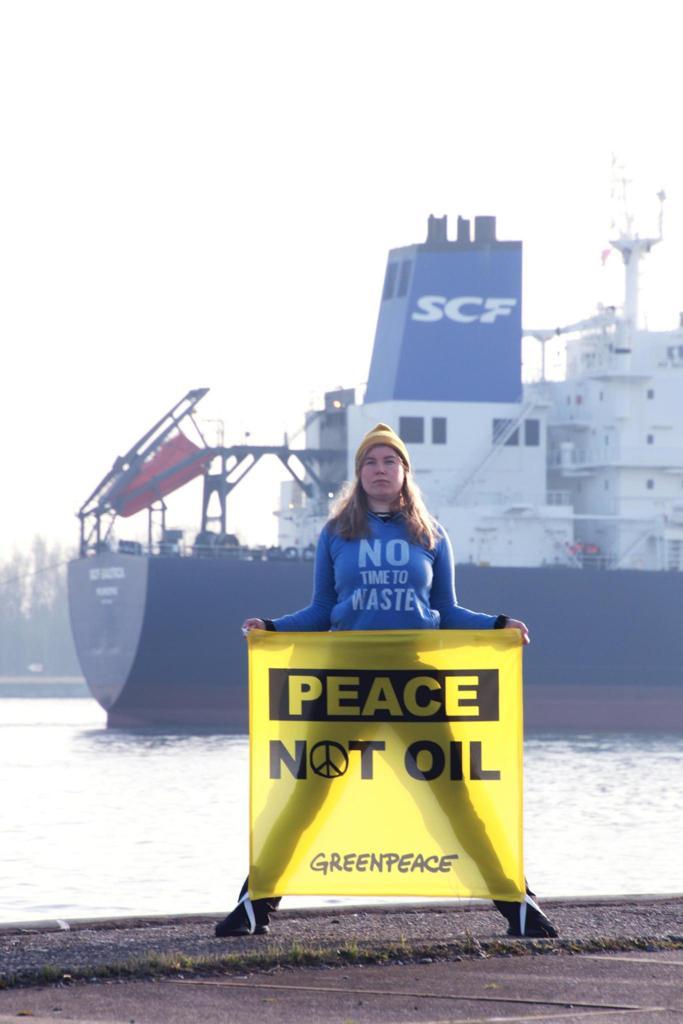Economy and business
Greenpeace hit by hefty fines for blocking Tankers in the Baltic Sea

Greenpeace Denmark received hefty fines for a series of protests they held in March 2022 against tankers carrying or transferring Russian oil in Danish waters. The well-known activist group is outraged, calling the court’s actions “shocking and completely disproportionate,” and is concerned that this could set a precedent that might hinder future protests.
The Danish Maritime Authority reported the protests, which occurred over four days in March and April 1, 2022, to the police. The police either disrupted the protests or arrested individuals afterward, but Danish prosecutors decided to make an example of these incidents. According to Greenpeace Denmark, prosecutors chose to cite legal clauses that had not been used before.
The cases started with a court hearing in Svendborg, Denmark, on June 18. prosecutors brought up Greenpeace Denmark’s history and the repeated nature of the offenses. Using elements of the law, they invoked the option to double the punishment and requested the court to impose a fine of nearly $75,000.
The charges stemmed from a March 18, 2022, incident where Greenpeace protesters used kayaks to obstruct the path of the tanker Waikki. On March 19, a protester positioned themselves in front of the tanker SCF Baltica and displayed banners with the message “Oil Fuels War.” A few days later, on March 25, they used a small boat and other means to stop the oil tanker Louie. Then, from March 31 to April 1, activists positioned themselves in the water, used kayaks, and small rubber boats to block the transfer of Russian oil during a ship-to-ship operation in Albaek Bay near Skagen. In some instances, they approached the vessels to display banners or paint slogans on the hulls.
A second hearing took place on August 27 at the district court, and today the judge imposed a fine of approximately $53,500. Greenpeace immediately pointed out that this was a “huge leap” from past penalties and questioned the motives of the court and the prosecutors.

“This is a very harsh punishment for a peaceful protest against Denmark’s and the EU’s import of Russian oil, which is funding Russia’s war in Ukraine,” said Greenpeace campaign manager Sune Scheller, who participated in several of the actions. “I am very disappointed that the court has so one-sidedly accepted the prosecution’s claims of guilt and punishment and has largely ignored independent expert witnesses, our explanation, and the European Convention on Human Rights.”
The repeated nature of the actions became the basis for the increased penalties, with Greenpeace stating that this was the first time a court had emphasized prior actions.
Greenpeace initiated this wave of protests and a campaign shortly after Russia invaded Ukraine. It wasn’t limited to Denmark but also took place in other locations where they identified tankers carrying Russian oil. Additionally, the organization has a long history of various protests, which they emphasize are always peaceful.
Commenting on the court’s actions, the organization also stated, “This could have significant consequences in the future for our ability to carry out peaceful protests, not only against our heavy reliance on Russian oil, which continues to finance the bombing of Ukrainian civilians, but also against the existential threats posed by the entire climate crisis.”
The court dismissed the lawyers’ arguments that the protesters should be acquitted based on the European Convention on Human Rights. The group claims the ruling is retaliatory and said they would be reviewing the decision and consulting with their lawyers.






